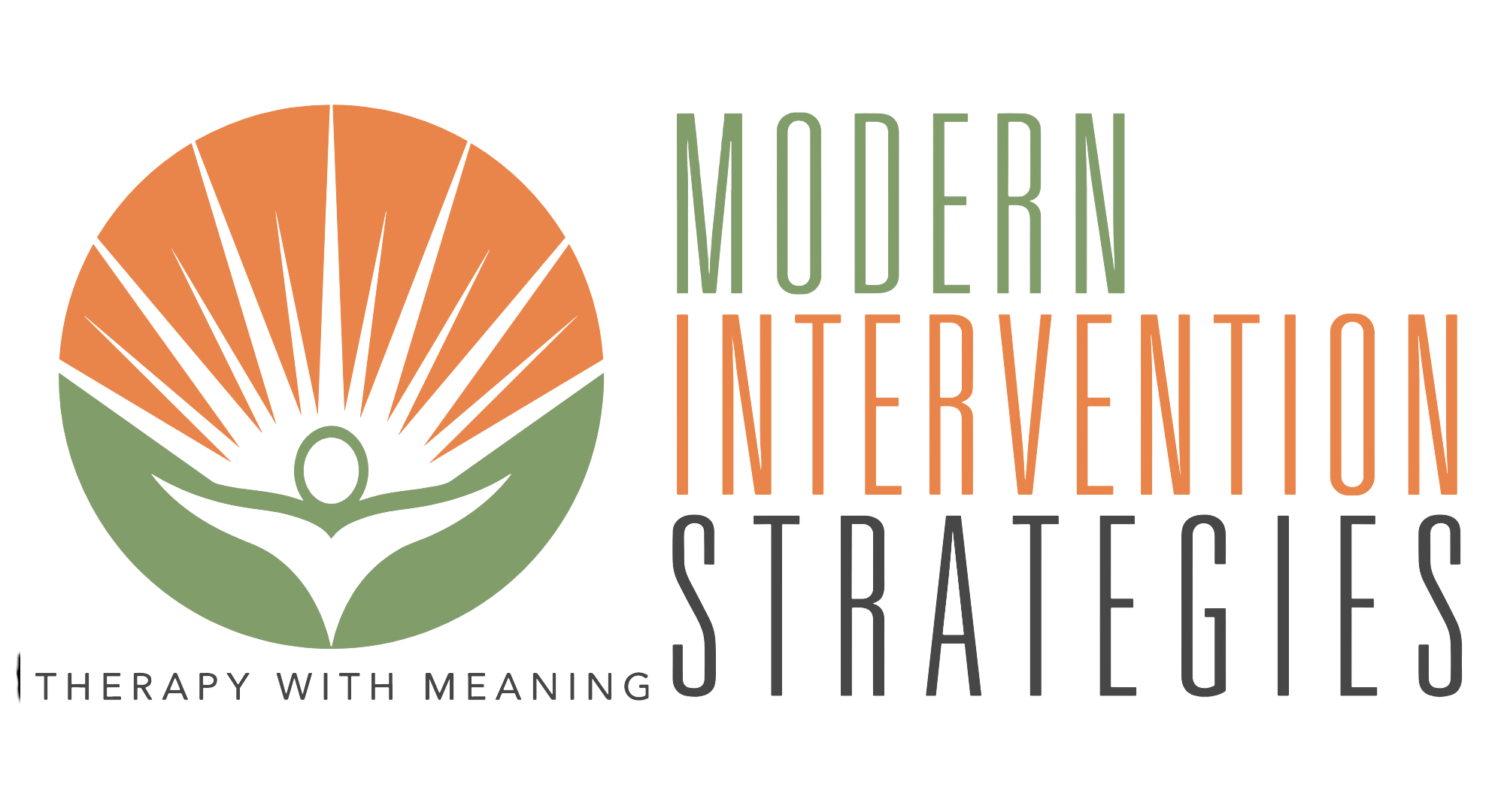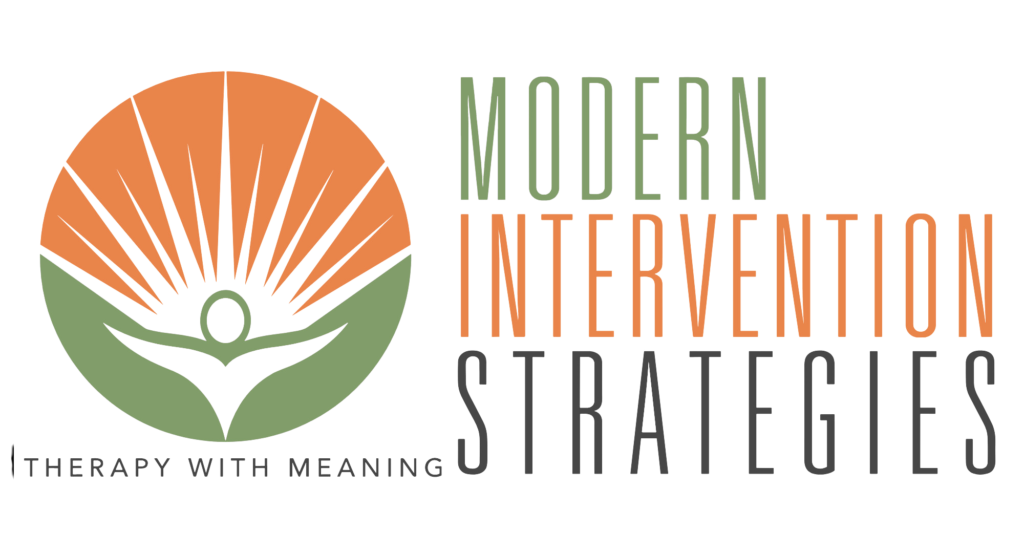Online Therapy for stress and relationships at every stage of life.
If you need support, we're here.
Have you ever felt like you’re juggling too many roles, struggling to find balance, and often end up feeling exhausted and unfulfilled?
Do you encounter moments in your relationship where you feel misunderstood or find it hard to communicate your needs effectively, impacting your connection and intimacy?
Are you in a phase of professional stagnation or dissatisfaction, longing to rediscover your passion and drive, but unsure how to start?
We can help.

At Modivent, we understand that embarking on a therapeutic journey might bring up questions and doubts, especially if you’ve had past experiences that didn’t meet your expectations. We’re here to show you how therapy can be different, and more importantly, effective for you.
We understand that taking the first step towards therapy requires courage, especially if you’ve been disappointed before. At MIS, we combine empathy with expertise, ensuring that your journey with us is not just hopeful but also transformative.
Modivent provides online therapy services for ages 12 and up in Pennsylvania and New Jersey.
Manage Stress and Improve relationships.
By effectively managing stress, you free up mental space and clarity, allowing you to make better decisions, solve problems with ease, and maintain a sharper focus on your goals.
A stress-free state allows you to engage with others more fully, nurturing healthier and more satisfying relationships. You’re better equipped to communicate, empathize, and connect with those around you.
Want to learn more about stress and relationships? Get your free Stress Management Guide.
Modern Intervention Strategies: Where Empathy Meets Expertise
Our team is dedicated to understanding your unique story and tailoring our approach to meet your individual needs.
What to expect
Are you considering therapy but have questions? We have answers!
Start Your Online Therapy Journey with Modern Intervention Strategies
latest news & blog

Setting Boundaries: Reclaim Control and Live a Fulfilling Life
Are you tired of feeling overwhelmed, constantly putting others’ needs before your own, and neglecting your well-being? If so, you’re in the right place. In

Navigating Family Dynamics: The Ultimate Guide to Setting Healthy Boundaries
Are you feeling overwhelmed by the complexities of family dynamics? Do you find it challenging to set healthy boundaries without succumbing to fear, guilt, or

The Stress-Health Connection: Can Stress Make You Sick?
If you’ve been searching for answers and struggling to find immediate relief from stress, you’re in the right place. This blog explores the fascinating connection




